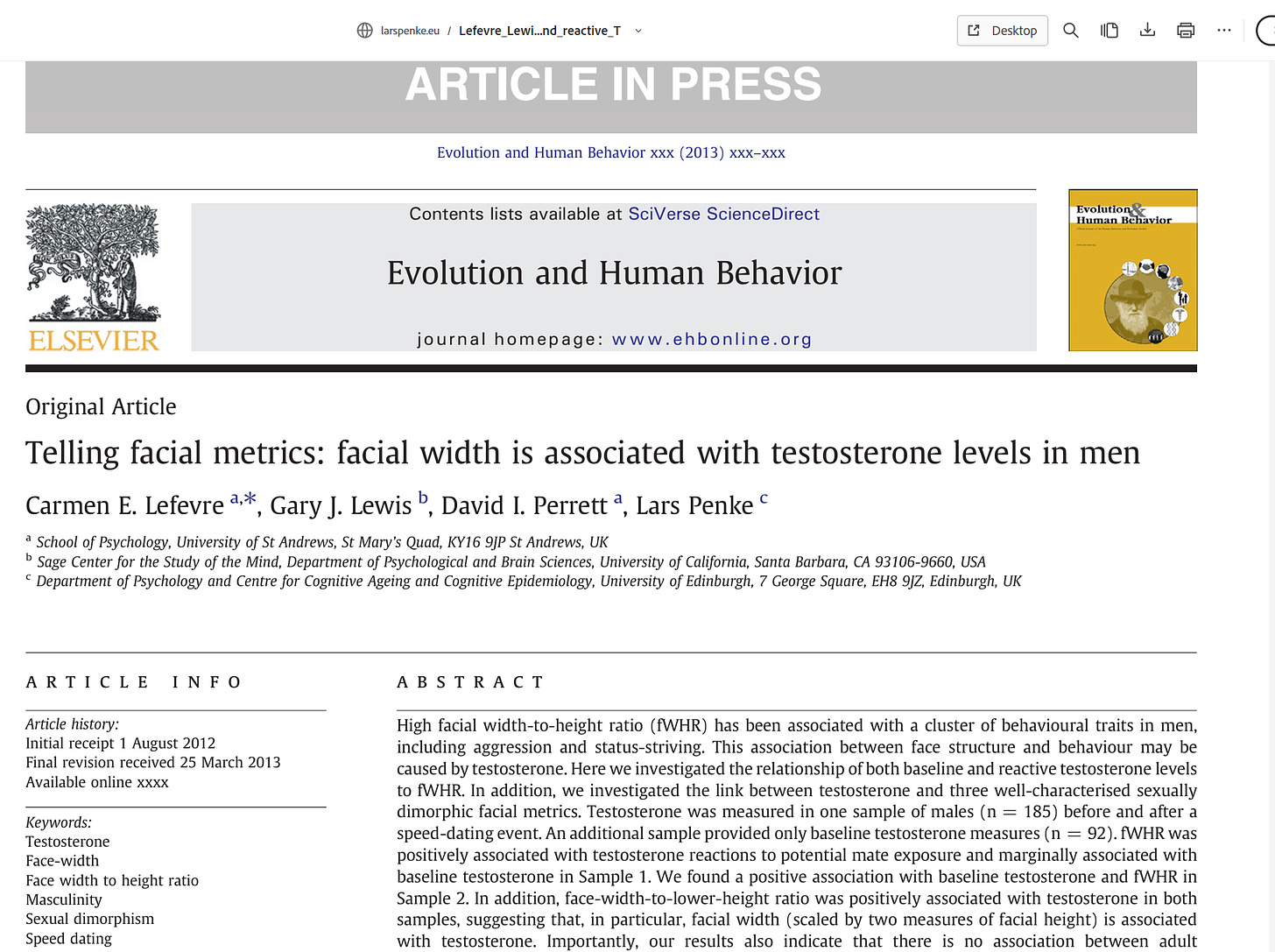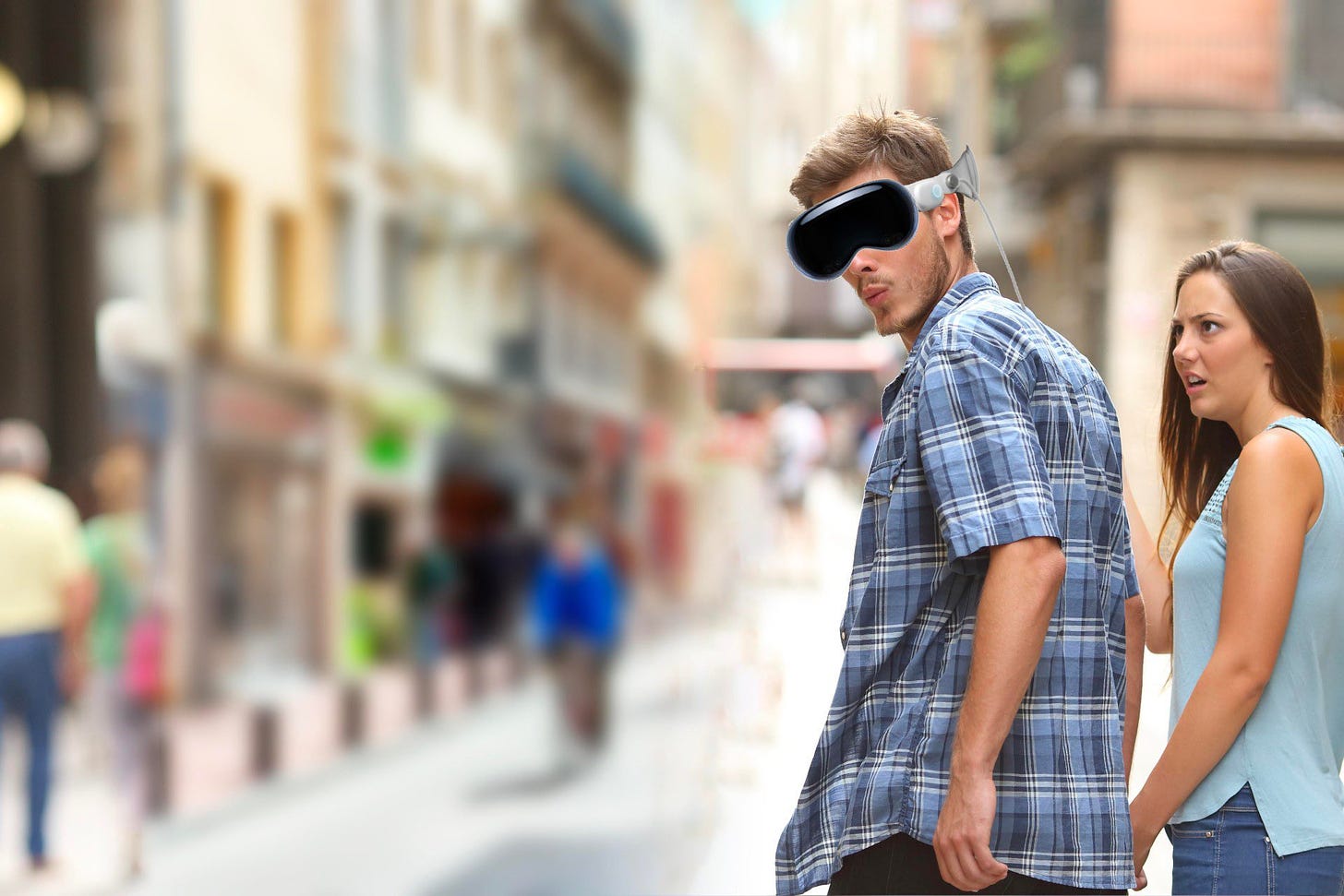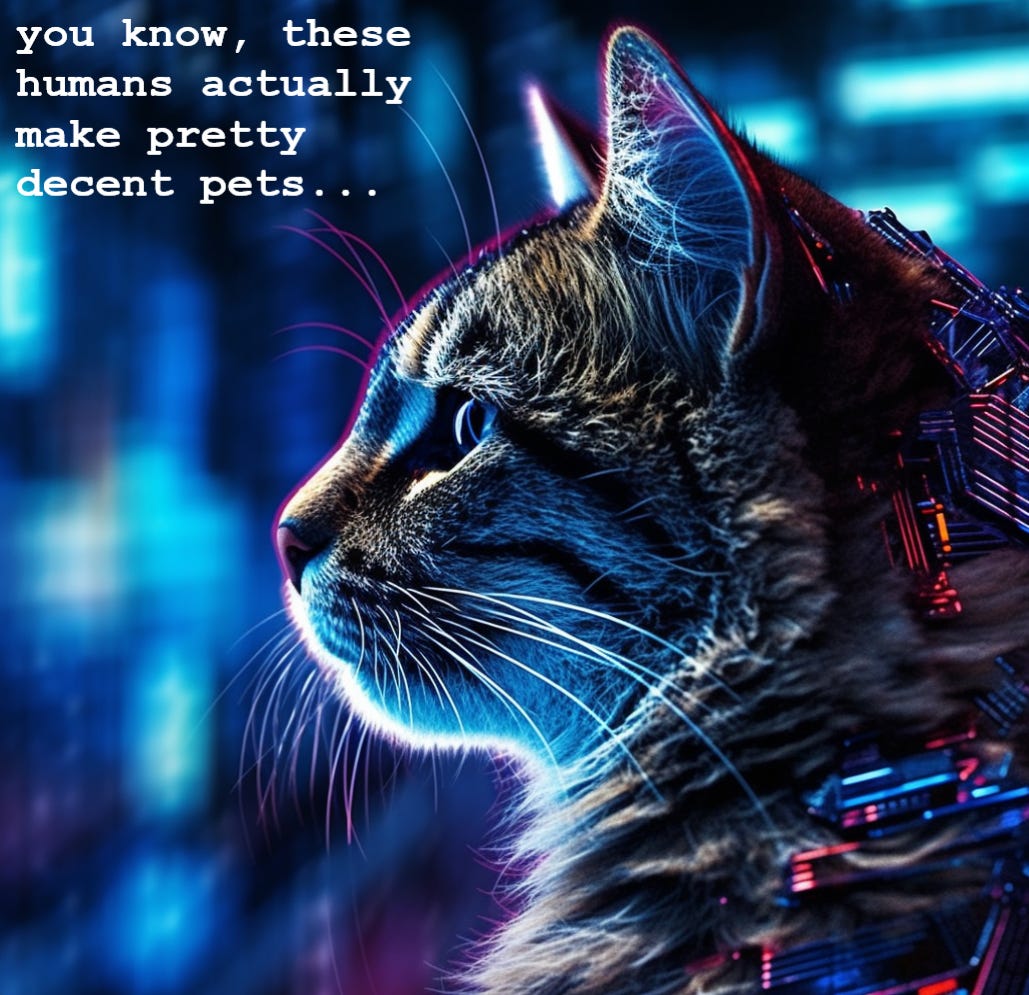physiognomy, once a darling of victorian natural philosophers, is one of those disciplines that got discredited but probably shouldn’t have been, at least not conceptually.
it, along with genes, gene driven outcomes, and genetic population variance in traits and outcomes are among the most suppressed topics in academia, media, and social media.
even mention them on twitter and you get your reach throttled severely.
do so in a university and unless you have the most secure of tenure, they will drop a building on your head.
many like to denounce it as pseudoscience.
this seems odd to me as, at core, it’s not like this is an exotic or even debatable idea. such notions were once common canon, they were just taken too far and in some poor directions owing to lack of rigor but the simple fact is that it’s patently obvious that genes affect all manner of characteristics and behaviors in animals (including humans).
because these traits are heritable, changes in environment serve as selectors where some traits prove advantageous to certain populations at certain times and are therefore conserved and spread through mating fitness outcomes.
breed and your genes spread; don’t and they disappear. that’s just biology.
similarly obvious is the idea that the traits encapsulated in your genes often create visible markers in your physiology and that humans are highly attuned to this. the evidence for this is (contrary to popular pontification) actually quite strong. like everything, it has limits, but the there is real information there.
we carry all manner of signals in our bodies and body language and it follows inevitably from this that learning to read such signals (consciously or unconsciously) from other humans is a highly adaptive trait. you’re probably experienced it consciously when you see the mentally ill on the street. their posture and movement is wrong. you can see it from a block away. it’s not difficult to perceive the survival benefit once upon a time of catching that early or knowing who would likely be prone to violence before they got close enough to engage in any.
the ones who figured it out had offspring. the ones who didn’t, not so much.
similarly, high heeled shoes on women became a trend because it’s attractive to men, but the reason for it is not known to most. it’s because it changes hip and pelvic angle to a position associated with human estrus. ask any chimp or baboon. they know this. men may not realize they’re having a “breeding response” but they are. the men who didn’t respond to that stimulus were less likely to propagate and their genes are no longer with us.
this is operating on 1000 levels all around us all the time, known, unknown, manipulated, and unsuspected. to imagine that over time the effects cannot be profound seems likely to miss the real game going on.
genes affect society, society affects genes, and the manner in which we change becomes chaotic, emergent evolution. but perhaps if we use this lens, we can gain some insight and propose some ideas.
so let’s put on our speculating hats and follow longtime gatopal™ bachman down this once common by now oddly verboten rabbithole:
i honestly wonder about this a lot and the implications of a more distributed society and workplace causing evolutionary drift that emphasizes some traits over others.
true story:
i was interviewing a guy for C suite role. on the phone, he played great, talked the talk, knew the game. i liked him, so did one of my board members. i had one of my team meet him in person. she came back saying "he's awful. i felt like i needed a shower." this surprised me. so i went and met him in person. the meeting was over before we shook hands. he was obviously a squid. the shallow thought, fast mirroring, and cheap flattery smoked off him. you could see the physiognomy and the body language at 100 yards and the meeting made it all patently obvious. on the phone, you couldn’t see it, but you could never make this mistake face to face. i kept expecting him to open his coat and have 30 "previously owned" watches for sale.
in person is so powerful and so different.
on the phone, this guy can have a career. in person, would he ever have gone anywhere?
would a lot of people?
it made me wonder: how much of the "rise in autism" and spectrum traits is being driven by the telephone and accelerated by the internet?
once, you needed a hearty handshake and physical presence to have others want to do business with you. but this selector is gone. what percentage of the people you do biz with have you ever met in person?
bachman is exactly right about the crypto kids. i’ve met many on PR. they tend to be reclusive, introverted, and oddly pudgy. there is something mouse-like about them if mice were into “emo.” obviously, there are exceptions, there always are, but as a general rule this bell curve seems to hold quite well. could such people have ever amassed such wealth in a time of face to face interaction? could they have been stock traders in amsterdam coffee houses or on the NYSE floor back when that’s where the action was?
i have my doubts.
there have been massive changes in what “works on wall street” means and the images such a phrase evokes. in the 80’s, it was gordon gekko: fierce, virile, possessed of powerful personal presence. now it’s geeks in fleece vests hunched over bloomberg terminals and datamining for AI and algo advantage. the ecological niche changed. the traits required for success shifted. so the population shifted. if i showed you 20 pictures of trading desk staff from 1980 vs 2020, you would have zero trouble determining which was which with a very high hit rate even if we normalized for haircuts.
this is true in 100 industries.
is it really so implausible to wonder if this is having genetic effects?
i know and have worked with an awful lot of people that use data, analyze things, build stuff, etc. the sheer number of us that are likely “on the spectrum” cannot be a coincidence. you kind of need to be at least a little “autist” to decide “hey, i’m going to spend the next 3 months comparing google mobility data to covid data and see if lockdowns work” or “i want to understand the effects that chinese rainfall has on coal prices in appalachia.” (this is a real thing btw)
we all laugh about it. it’s funny. “sperg world” (short for asperger’s) is real. it’s also adaptive. a trait that once might have held you back now pushes you forward. that’s evo-bio for you.
out: 3 drink lunch. in: 3 database desktop.
obviously, these things tend to be a goldilock’s zone where too little or too much are both bad and there is some amount of “just right” that functions highly but the edges of that zone are friable to technology and social change.
could this affect physiology? sure. spectrum traits? yup. testosterone levels? you betcha.
why not?
it’s interesting to me the extent to which this gets ignored in the (doubtless hopelessly multi-factorial) hunt for the sources of testosterone drops or autism increases. i’m not by any means saying it’s the whole story, but pretending it is not likely a part of the story seems both presumptive and rash.
in all seriousness, how could it be otherwise?
in person life is VERY different than virtual and distributed life and it has had and is going to have an effect on our genes over time.
the selectors are different.
this makes the two versions of the world that seem to be on offer highly polarizing to the point where they could outright speciate humans into two separate animals.
the one is the metaverse. we all go virtual, move to avatars, spend more and more time online and in non-physical distributed interaction.
people love to bag on this and throw shade, but it’s not all bad. sure, virtualities lack physicality and the feedback it creates, but they benefit from a kind of scale nothing else does. everyone can find everyone and folks who would never have otherwise met can collaborate. i have made i have no idea how many friends online among politicians, pundits, professors, and pranksters, pussycats and punkasses. it’s a great game out here and you can meet and build relationships with truly august folks whose perspectives and insights are amazing. the optimization function it drives is staggering.
you are not trapped at some “local maximum” of “talking to the smartest guy in my town” nor forced to inhabit universities or institutions to be ensconced in “the best and brightest.” suddenly, a xerox PARC can coalesce anywhere out of anything. that’s a huge idea and not one you want to let go of lightly.
on the other hand, this likely alters evolution and will push us toward being certain sorts of animals which we may or may not want to be.
it may create new vulnerabilities.
and it lacks a certain satisfaction.
it also augurs a weird hallucinatory world that becomes increasingly deception based.
consider: 5 years from now, AI will be good enough that you’ll be unable to tell if you are texting with a human or a bot. the graphics and voice synth AI’s will be so good that zoom won’t help. you cannot tell a camera feed from a render or (more subtly) if a livestream is genuine or augmented to hide tells from lying or accentuate physical traits and body/facial language that exudes dominance and trust.
this creates an impossible world where you cannot trust anything you cannot see yourself. many bemoan this, but should we? perhaps this has a comstock lode sized silver lining:
if you cannot trust virtual, you will not use virtual for anything that requires trust.
so perhaps this current state is an awkward adolescence of avatar interaction that we are about to evolve past and that will soon require us to return to in person interaction because nothing else conveys trustworthy signals.
wouldn’t it be fascinating to see AI be the driver of a return to face to face human community?
i don’t think this is as far fetched as it sounds. i’m already seeing signs of people looking for this and desperately over zoom and chat.
people long for conferences and parties and real face time not “facetime.”
and if it occurs, then the big wheel spins again, selectors change, and so too will humanity. we’ll grow less spectrumy and our handshakes will become heartier once more. posture and predilection will change. hormone levels will alter. we will once more adapt to advantage.
if some go one way and others another, we could basically speciate over time akin to some sort of eloi and morlock bifurcation.
we’re obviously way out on some speculative limbs here, but perhaps we need to be. simple assessments of the likely effects of technology and society upon humanity are dangerous and an awful lot of evolution has non-transitive games embedded where paper loses to scissors which then lose to rock who is then shocked to be overturned by the evo throwback of paper and rome burns. it does not run in straight lines, nor should it.
at societal scale and over time, our choices are affected by our genes and our genes are affected by our choices and the recursiveness of this is only going to accelerate as change does.
it’s a lot to take in as a futureshocked primate.
but it’s also nothing to panic over.
it’s always been like this.
technology is and always has been a sort of evolutionary symbiote, along for the ride with us, driving our change and in turn being changed by our drives.
what’s the worst that could happen?













Already seeing this behavior in my kids: they don’t trust online interactions or information. Not only have they participated in the “fake memories” of an Instagram post, but they have been burned by viral stories that turned out to be a lie.
All four of my kids have voluntarily deleted addictive apps or quit social media altogether.
What I am seeing is a shift to more traditional roles. Boys looking for “trad wives” and girls looking for Rip from Tombstone. So while I don’t doubt some selection is happening down the virtual & autist gene pool, I think another selection is happening as a counterpoint at least.
What a marvelous exercise in flip thinking. Thank goodness for your unique brain and substack for facilitating access to it!